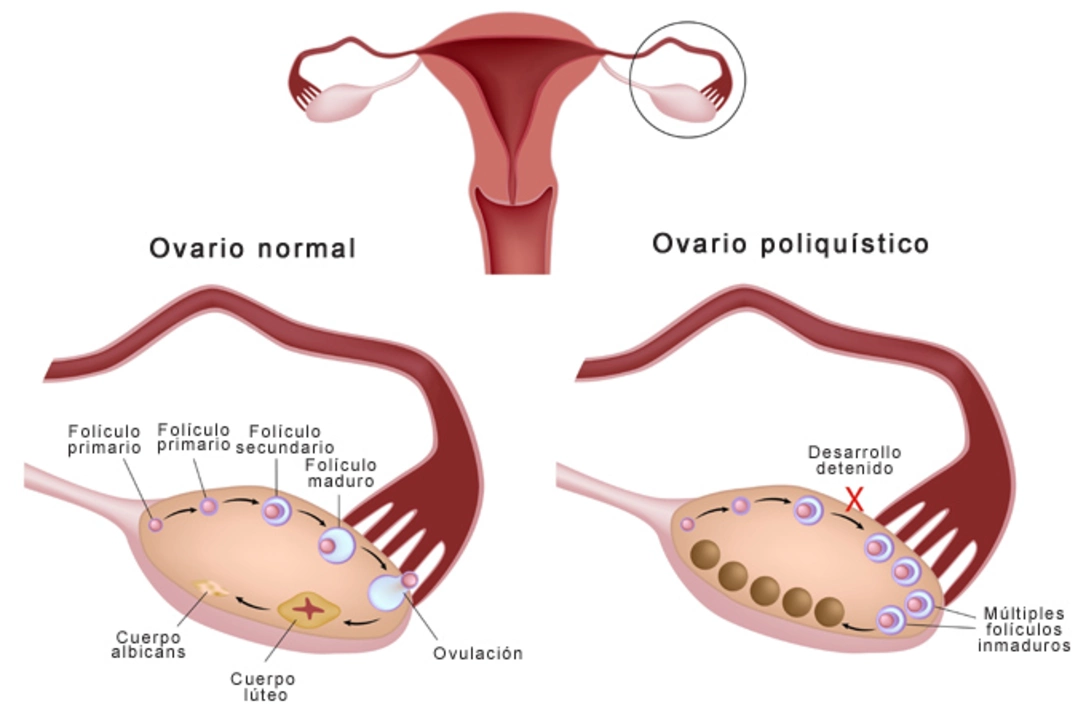PCOS: What It Is and How to Manage It
If you’ve heard the term PCOS thrown around and felt a bit lost, you’re not alone. Polycystic Ovary Syndrome affects millions of women, but most people don’t know what it really means or how to handle it day‑to‑day.
In plain terms, PCOS is a hormonal imbalance that can cause irregular periods, extra hair growth, acne, and sometimes weight gain. It’s not just about “cysts” on the ovaries – many women never have visible cysts but still struggle with the same symptoms.
Common Signs You Might Miss
Most people think PCOS shows up as obvious belly hair or acne, but there are quieter clues:
- Irregular periods: Skipping months or having very light bleeding.
- Weight changes: Gaining weight around the waist even if you eat the same.
- Mood swings: Feeling more anxious or down without a clear reason.
- Skin tags or dark patches (acanthosis nigricans): Small, velvety spots on neck or underarms.
If you notice two or more of these, it’s worth talking to a doctor about checking hormone levels.
Everyday Strategies That Help
The good news? Simple lifestyle tweaks can make a big difference. You don’t need to overhaul your life overnight.
1. Move a little more: Aim for 30 minutes of brisk walking, cycling, or dancing most days. It helps insulin work better and eases weight gain.
2. Eat balanced meals: Focus on protein, fiber, and healthy fats. Swap white bread for whole grains, add a handful of nuts, and include veggies at every meal.
3. Watch sugar spikes: Sugary drinks and processed snacks cause insulin spikes that worsen PCOS symptoms. Try fruit or plain yogurt instead.
4. Sleep and stress matter: Getting 7‑8 hours of sleep and practicing deep breathing, yoga, or short meditation can lower cortisol, which interacts with hormones.
5. Talk to a professional: A doctor may suggest birth control pills, metformin, or other meds based on your specific profile. Never self‑medicate – get the right prescription for you.
Besides these basics, many women find that adding certain supplements helps. Inositol (especially myo‑inositol) and vitamin D are popular choices, but check with a healthcare provider first.
Remember, PCOS isn’t a one‑size‑fits‑all condition. What works for your friend might not work for you, so keep tracking how you feel and adjust as needed.
If you’re curious about specific meds or want deeper dives into diet plans, our article list below covers everything from safe online pharmacy tips to natural ways to lower steroid dependence – all useful resources when dealing with PCOS‑related concerns.











